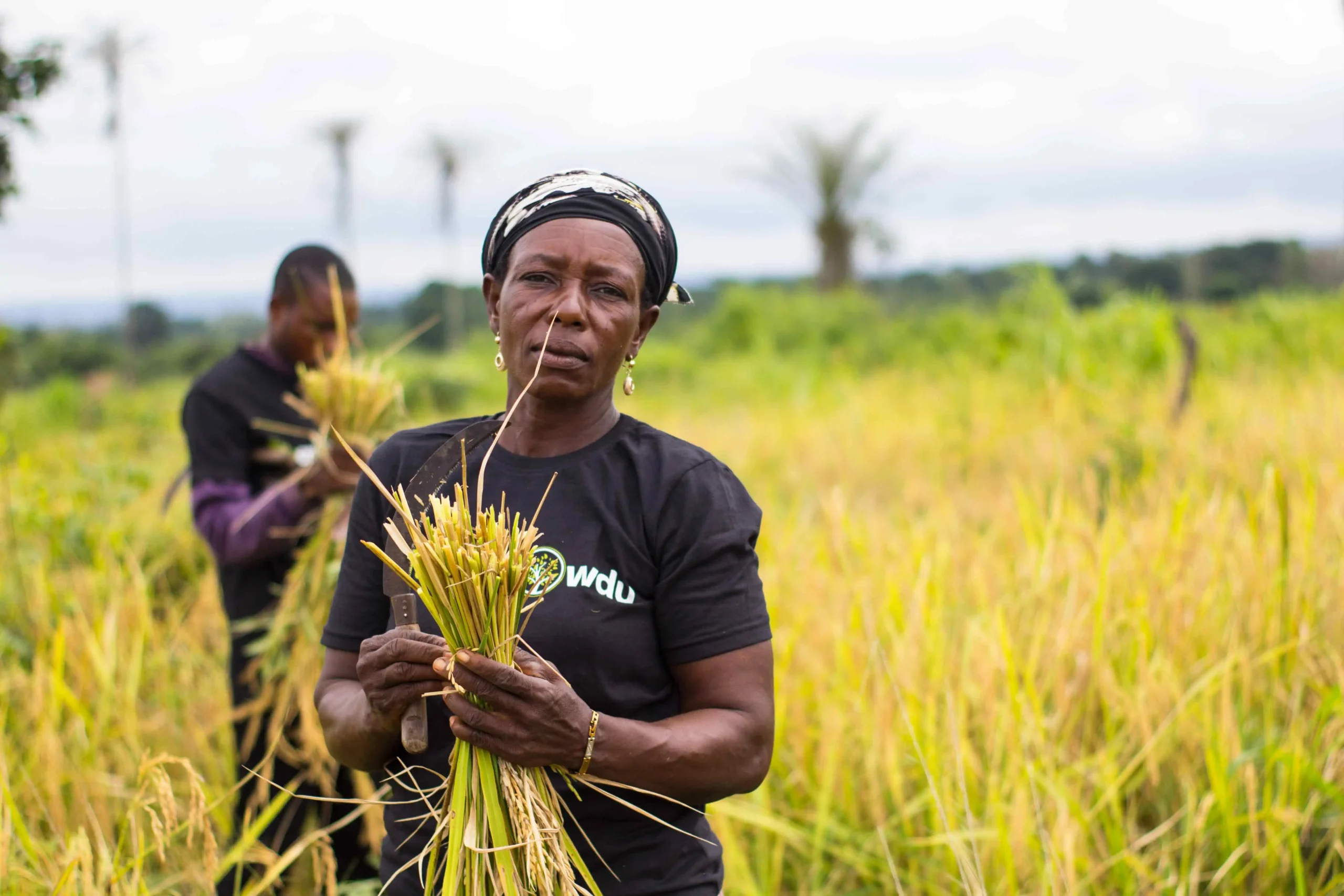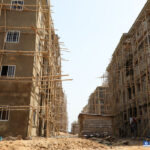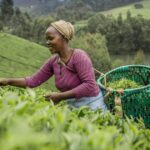Around the world, communities have powered the most lasting agricultural and social transformations. In India, cooperative-farming groups strengthened rural yields; community seed banks preserved local food systems in Nepal; and collective extension models helped boost Rwanda’s food production by over 60% in just a decade.
Systems evolve faster with how people share data, knowledge or solutions. In Nigeria, however, fragmented farmer databases have weakened the agriculture ecosystem.
Repeated government audits and independent policy reviews have exposed widespread duplication, poor targeting, and subsidy leakages in federal agricultural programmes.
Studies have also unravelled the flaws of Nigeria’s fertiliser-subsidy system and extension interventions, showing that thousands of supposed beneficiaries could not be verified. These long-standing troubles prompted the government to adopt a single, NIN-enabled national farmer registry.
Limited data poses critical effects on governance. Incorrect data on production and scale affect policymakers, dampen investors’ confidence and take a severe toll on farmers.
Enter the National Digital Farmers Registry
This explains the newly launched National Digital Farmers Registry (NDFR) Multi-Stakeholder Collaborative Knowledge Sharing Platform by the federal Ministry of Agriculture and Food Security.
The digital infrastructure is designed to unify Nigeria’s farming population under one verifiable, geo-referenced database. The NDFR will provide precise, real-time updates on farmers nationwide, capturing key information such as locations, commodities, production volumes, gender and age.
It will form the backbone of Nigeria’s emerging Agriculture Digital Public Infrastructure, enabling targeted input delivery, financial inclusion, geospatial mapping, market integration, extension support and data-driven agricultural planning.
Various programmes have, in the past, created their own lists of farmers. While these efforts brought momentary succour, they created overlaps, inconsistencies, and—in some cases—significant resource leakages, complicating national planning.
A unified database gives the government unprecedented visibility into its farming population. In Ethiopia, digital mapping and geospatial tools have improved farmer identification, input delivery, and extension support, helping optimise teff production.
These data-driven interventions contributed to steady increases in regional and national teff yields, showing the impact of precise agricultural planning.
In Kenya, harmonised digital farmer registries have improved targeting of fertiliser subsidies, cutting leakages by 35%.
Through integration with NIN verification, digital wallets, credit-scoring tools, climate-advisory platforms, and market-information systems, the NDFR will enhance climate resilience, strengthen identification and unlock access to credit.
This initiative also aligns with broader continental commitments such as the Kampala Declaration on strengthening digital and data systems for agricultural transformation under the CAADP framework.
Since its launch in May 2025, the NDFR Policy Dialogue Initiative, developed through collaboration between the Ministry, IFAD, and Heifer International, has focused on building strategic recommendations, strengthening institutional capacity and fostering collective ownership across Nigeria’s agricultural landscape.
It also offers improved visibility for private-sector off-takers, processors and aggregators, who often struggle with traceability and reliable supply chains. The registry could become the connective tissue linking farmers to mechanisation services, improved seeds, extension agents, microfinance institutions, and commodity markets.
There are hurdles, especially in remote communities. Digital literacy remains low among some smallholders, hampering nationwide adoption. Data privacy must be carefully managed.
The success of Nigeria’s new digital registry will depend on the seamless collaboration between its digital and physical communities. Because while technology can organise data, communities alone can make it worthy.
Summary not available at this time.






